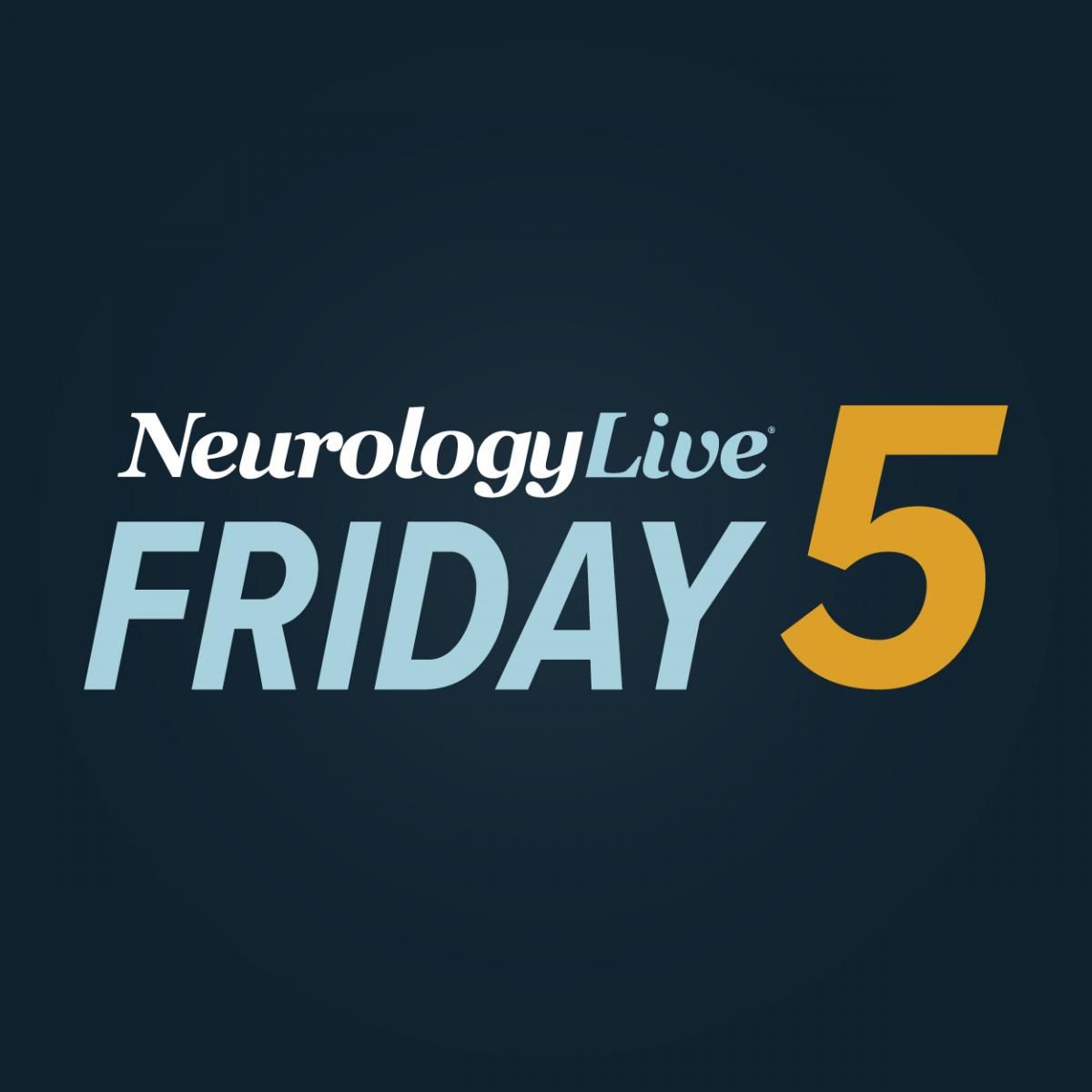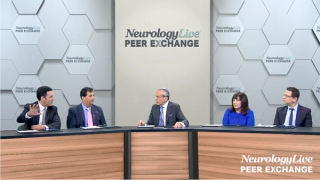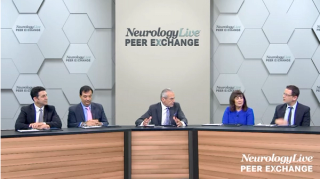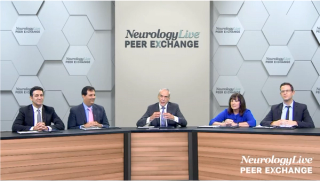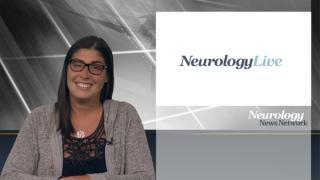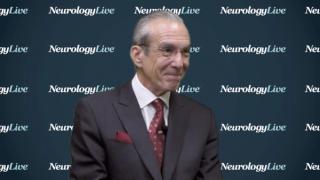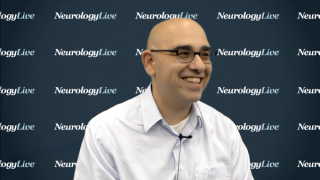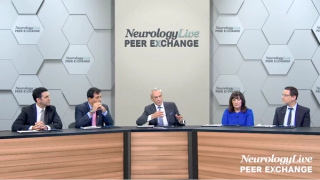
Dementia and Alzheimer Disease
Latest News

Latest Videos

CME Content
More News

The director of the Institute for Health, Health Care Policy and Aging Research at Rutgers University discussed a recently published report on meeting the challenge of caring for persons with dementia and their care partners and caregivers.
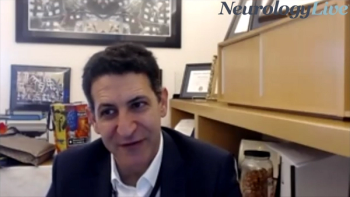
The director of the Lou Ruvo Center for Brain Health and neurologist at Cleveland Clinic provided an overview on how lenalidomide, an FDA-approved cancer drug, will be evaluated in Alzheimer disease.

Here's what is coming soon to NeurologyLive.

Take 5 minutes to catch up on NeurologyLive's highlights from the week ending March 5, 2021.

At 18-month follow-up, 70% of those with an advanced Alzheimer disease pattern had 1 point or more increase in CDR-SB, an event predefined as clinically meaningful deterioration.

The duo from Cleveland Clinic discussed the reasons for choosing cycling as part of their newly initiated clinical trial, as well as what has been observed for home-based exercise interventions.

Here's what is coming soon to NeurologyLive.

Take 5 minutes to catch up on NeurologyLive's highlights from the week ending February 26, 2021.

The duo from Cleveland Clinic discussed their recently initiated study which will evaluate the neuroprotective features of home-based intervention in high-risk individuals for Alzheimer disease.

The director of Neurology and the Memory and Aging Program at Butler Hospital and principal investigator in the aducanumab clinical trial program discussed the investigational agent and the current landscape of care.

Here's what is coming soon to NeurologyLive.

Bijan Nejadnik, MD, chief medical officer, SanBio, also thanked neurological experts that collaborated on the phase 2 STEMTRA trial.

Racial disparities in biomarkers highlight the need to investigate different populations in trials of Alzheimer disease.

Take 5 minutes to catch up on NeurologyLive's highlights from the week ending February 19, 2021.

Masahito Kawabori, MD, PhD, associate professor, Hokkaido University, discussed results of the phase 2 STEMTRA trial.

Scholz was recognized for her application of advanced genetic techniques to the study of neurodegenerative disorders, including dementia with Lewy bodies, multiple system atrophy, frontotemporal dementia, progressive supranuclear palsy, and corticobasal degeneration.
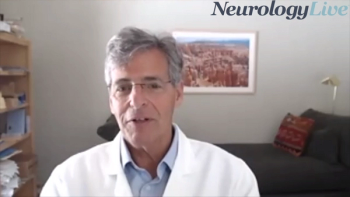
The director of the Schey Center for Cognitive Neuroimaging at Cleveland Clinic shared the next steps in building on previous research that links exercise with a reduced Alzheimer disease risk.

Alector’s announcement about the INVOKE-2 study follows a similar update regarding its INFRONT-3 study for frontotemporal dementia.

The director of the Lou Ruvo Center for Brain Health and neurologist at Cleveland Clinic discussed a recently initiated study that will look at the FDA-approved cancer drug lenalidomide for the treatment of Alzheimer disease.
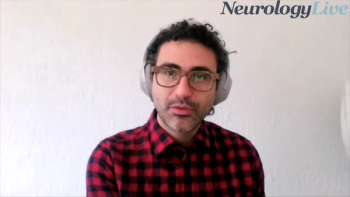
The Evelyn F. McKnight Neurocognitive Scholar at the University of Miami Miller School of Medicine discussed observing how sleep may impact cognitive decline in different populations.

Here's what is coming soon to NeurologyLive.

Take 5 minutes to catch up on NeurologyLive's highlights from the week ending February 12, 2021.
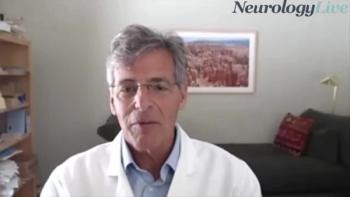
A duo of researchers from Cleveland Clinic outlined their new 5-year study that tests home-based intervention in high-risk individuals for Alzheimer disease.

Mini-mental state exam scores declined significantly faster in adults with prevalent and incident epilepsy, while digit symbol substitution test scores declined significantly faster in prevalent epilepsy.

Socioeconomic deprivation was associated with IIH independently of BMI in women but not men.

